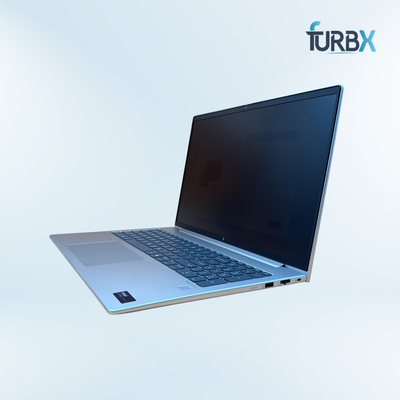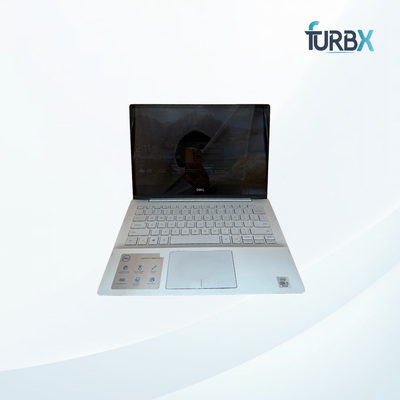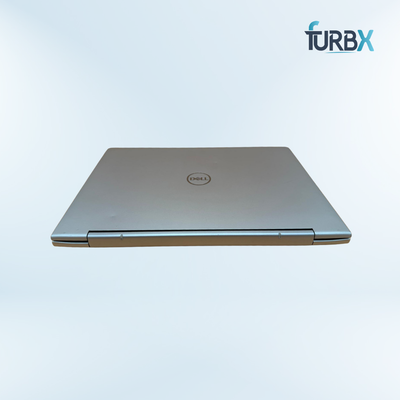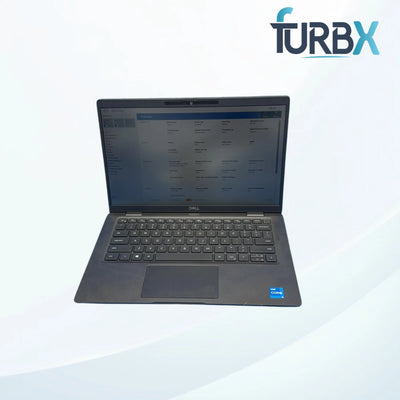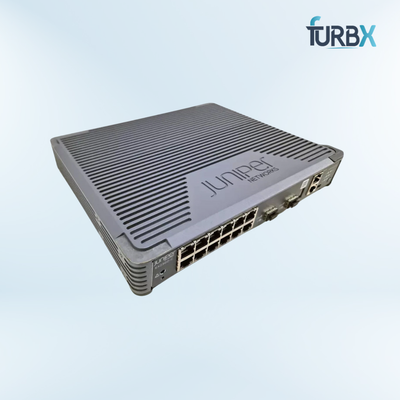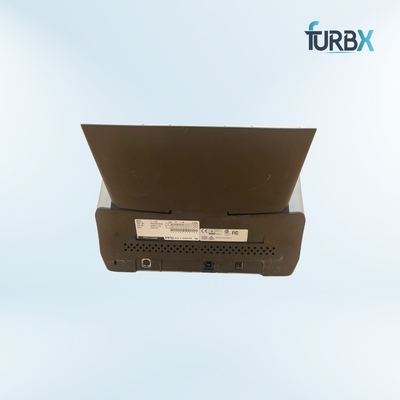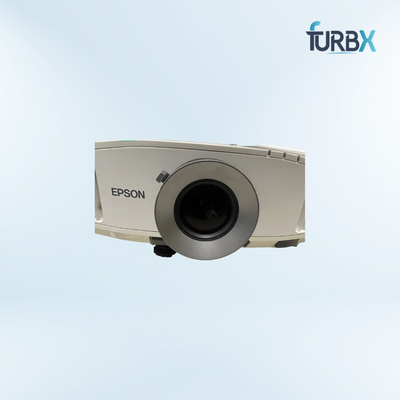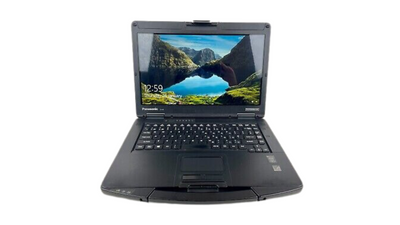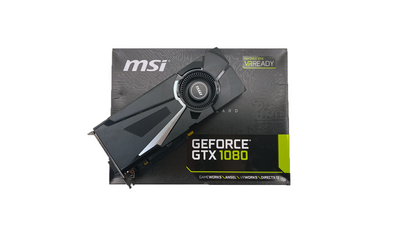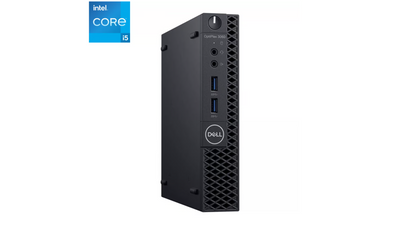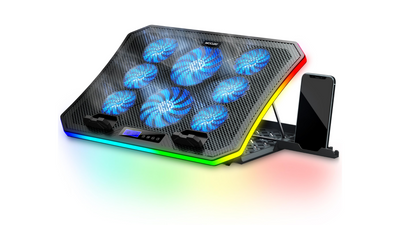Computers have turned into a vital component of our everyday existence. From smartphones to laptops and even the systems that run our cars and homes, computers are everywhere. Despite their ubiquity, many fascinating facts about computers remain unknown to most people. In this article, we will explore some of the most intriguing computer facts that will not only amaze you but also deepen your appreciation for these incredible machines.
1. The First Computer Was Enormous

The first computer, called the ENIAC (Electronic Numerical Integrator and Computer), was developed in 1945 and was as large as a room. It weighed over 27 tons and consumed about 150 kilowatts of electricity. ENIAC was designed to perform ballistic calculations for the U.S. Army and could perform 5,000 calculations per second, which was groundbreaking at the time.
2. The Origin of the Term "Bug"

The term “bug” in computer science refers to an error or flaw in a program. It originated in 1947 when a literal moth was found trapped in a relay of the Harvard Mark II computer. The operators removed the moth and documented the incident, coining the term "debugging."
3. The First Computer Virus

The first computer virus was called Creeper, and it was created in 1971 by Bob Thomas. Creeper wasn’t malicious; it was a self-replicating program designed to display the message: “I’m the Creeper: catch me if you can.” Its existence paved the way for more complex and malicious viruses in the future.
4. The World’s Fastest Supercomputer

As of 2024, the fastest supercomputer in the world is Fugaku, developed by Fujitsu and RIKEN in Japan. It can perform over 442 petaflops (quadrillions of calculations per second). Fugaku is used for various purposes, including weather forecasting, drug discovery, and artificial intelligence research.
5. Computers Are Smarter Than You Think

Contemporary computers can execute trillions of computations every second. However, their processing power is not the only measure of intelligence. Computers are now capable of machine learning, a form of artificial intelligence that allows them to learn from data and improve over time without explicit programming.
6. The First Computer Programmer Was a Woman

Ada Lovelace is considered the first computer programmer. In the 1840s, she worked with Charles Babbage on his proposed mechanical computer, the Analytical Engine. Lovelace wrote algorithms for the machine, earning her the title of the world’s first programmer.
7. The QWERTY Keyboard Was Designed to Slow You Down

The QWERTY keyboard layout was developed in the 1870s for typewriters. It was intentionally designed to slow typists down to prevent the mechanical arms of the typewriter from jamming. Despite the advent of faster and more efficient keyboard layouts like Dvorak, QWERTY remains the standard.
8. Computers and the Moon Landing

The computers used during the Apollo 11 moon landing in 1969 had far less processing power than today’s smartphones. The Apollo Guidance Computer had only 64 KB of memory and operated at 0.043 MHz, yet it successfully guided astronauts to the moon and back.
9. The First 1 GB Hard Drive Was Huge

The first hard drive with a capacity of 1 GB was introduced by IBM in 1980. It weighed over 500 pounds and cost around $40,000. Today, you can buy a 1 TB hard drive (1,000 times the capacity) that fits in your pocket for a fraction of that price.
10. CAPTCHA and Artificial Intelligence

The CAPTCHA (Completely Automated Public Turing test to tell Computers and Humans Apart) was initially designed to prevent bots from accessing certain online services. Ironically, the data collected from CAPTCHA challenges has been used to train artificial intelligence systems, including Google’s AI.
11. The Internet and Computers

The first message sent over the Internet was “LO” in 1969. Scholars at UCLA aimed to transmit the term “LOGIN” to a machine at Stanford, yet the system failed after the initial two characters. This marked the birth of what we now know as the Internet.
12. Quantum Computers: The Next Frontier

Quantum computers operate on principles of quantum mechanics, allowing them to solve complex problems much faster than traditional computers. Companies like IBM, Google, and Microsoft are investing heavily in quantum computing, which could revolutionize fields like cryptography, medicine, and logistics.
13. The Longest Computer Uptime

The longest recorded computer uptime belongs to a server that operated continuously for over 16 years without a reboot. This demonstrates the incredible reliability of modern server technology.
14. Computers Can Beat Humans at Chess

In 1997, IBM’s computer Deep Blue defeated world chess champion Garry Kasparov. This was a significant milestone in artificial intelligence and showcased the computational power of computers in problem-solving.
15. The Cost of Data Breaches

Cybersecurity is a major concern in the computer world. The average cost of a data breach in 2023 was $4.45 million. Companies are investing heavily in securing their computer systems to prevent such incidents.
16. Computer Energy Consumption
Data centers, which house thousands of computers, consume vast amounts of energy. It is estimated that data centers account for 1% of the world’s total electricity usage. Efforts are being made to make these facilities more energy-efficient.
17. The Rise of Gaming Computers

Gaming computers are among the most powerful personal computers. They feature high-performance graphics cards, processors, and cooling systems. The global gaming PC market is projected to reach $40 billion by 2025.
18. The First Computer Mouse

The first computer mouse was invented in 1964 by Douglas Engelbart. It was made of wood and had two wheels for tracking movement. Modern mice are far more advanced, featuring laser tracking, wireless connectivity, and ergonomic designs.
19. Computers and Weather Prediction

Supercomputers play a crucial role in weather forecasting. They process massive amounts of data to predict weather patterns, saving lives by providing early warnings for hurricanes, tornadoes, and other natural disasters.
20. The Future of Computers: AI and Beyond

Artificial intelligence is transforming how computers are used. From autonomous vehicles to personalized medicine, AI-powered computers are opening up new possibilities. The integration of AI with quantum computing could lead to breakthroughs we can’t even imagine today.
Final Thoughts
Computers have made significant progress since the era of ENIAC. They have transformed industries, improved our quality of life, and continue to push the boundaries of what is possible. Whether it’s quantum computing, artificial intelligence, or the next groundbreaking innovation, the future of computers is incredibly exciting.
By understanding these fascinating computer facts, we gain a deeper appreciation for the technology that powers our modern world. What’s your favorite computer fact? Let us know in the comments below!




